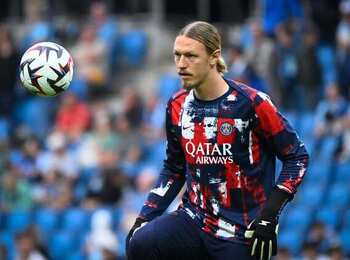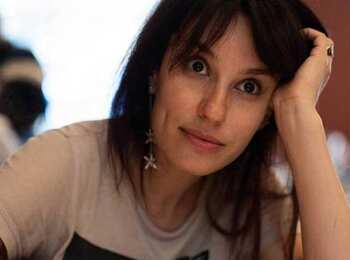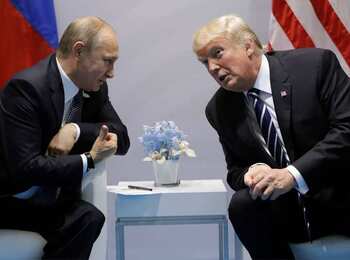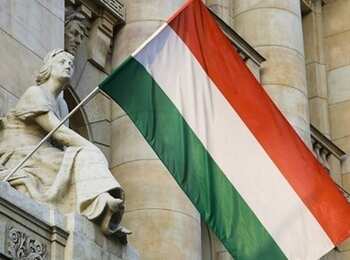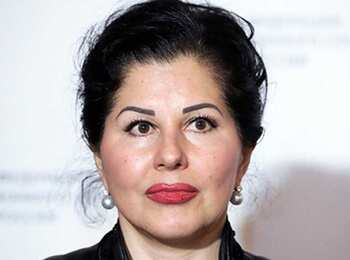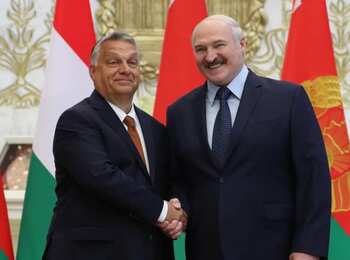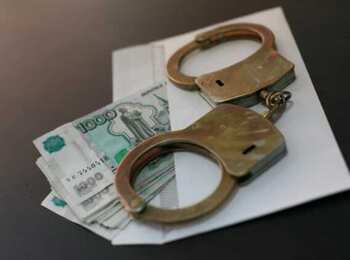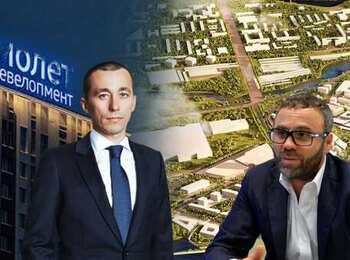How Rotenberg funnels billions out of Ukrainian casinos through Belarusian SoftSwiss

Does Russian oligarch Arkadiy Rotenberg, infamous for his close relationship with Vladimir Putin, have control over Ukraine’s gaming market through Belarusian enterprises like SoftSwiss and CoinsPaid?
Circumventing sanctions: Despite the ban on cooperation with Russia and the blocking of assets in Ukraine of some companies with Russian roots in the gambling business, the aggressor country continues to maintain a sort of monopoly on servicing local online casinos during the war. The Russians collaborated with a structure from "friendly" Belarus and a "gray" settlement scheme using cryptocurrencies.
This spring, during an investigation into large-scale money laundering in Ukraine, sanctions were imposed against entities in the gambling business. The "blacklist" included 120 individuals and 287 companies, among which were Russian LLC "Sportloto," LLC "First International Bookmaker Company," LLC "Bet.Ru," LLC "CreditService," as well as companies registered in Ukraine - LLC "Parimatch," financial company "Leo," and PokerMatchUA.
However, certain structures closely linked to Russia managed to avoid being blocked. In particular, this refers to the Belarusian SoftSwiss, which currently provides all licensed Ukrainian casino operators with gaming slots as a game aggregator.
Journalists from "StopKor" investigated how the structure earns and who might be behind it.
What is this company and who owns it?
Limited Liability Company "SoftSwiss" (LLC "SoftSwiss") was founded by Belarusian Ivan Montik in Minsk in May 2010 with the business activity of "Software development and consultancy in this field." However, in the Belarusian state registry, the company is listed as liquidated: in 2017, it ceased operations due to reorganization.
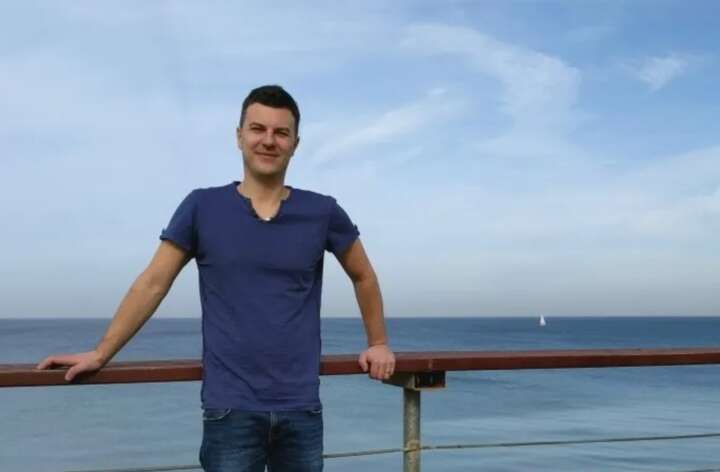
In 2020, Montik moved to Europe, and SoftSwiss (written in Latin) "resurrected" as an international company with more than 600 employees and official representation in several countries, including offices in Malta, Georgia, and Poland. On LinkedIn, the company’s registered location is listed as the city of Gzira (Malta).
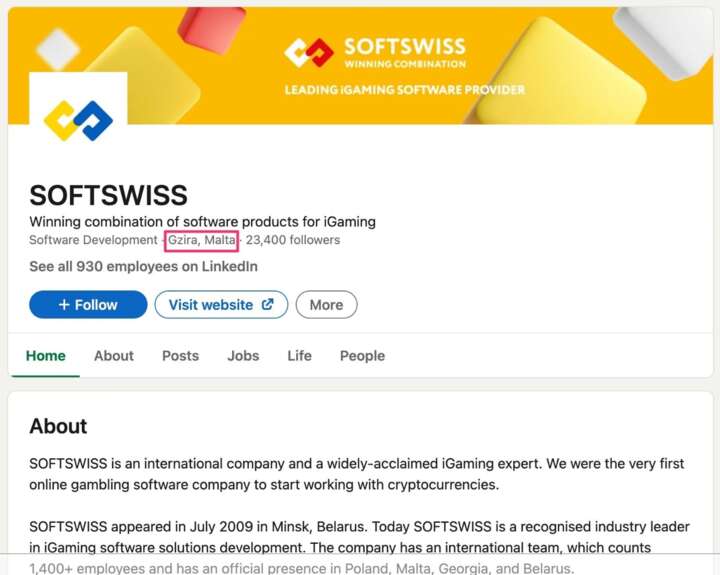
The company was awarded the title of "Workplace of the Year" at the SiGMA Europe Awards in 2022.
However, according to market insiders, the structure also has Russian capital: in 2021, 50% of the company was allegedly acquired by Arkadiy Rotenberg - a Moscow oligarch and close associate of Kremlin dictator Vladimir Putin. Rotenberg has always been interested in the gambling industry: in the early 2000s, he was part of the Board of Directors of the St. Petersburg company "Talion," which specialized in the hotel, restaurant, and gambling business. In 2021, the oligarch’s company "Kiparis" won an auction for the sale of an unfinished sanatorium in the annexed Crimea to build a hotel and tourist complex with its own casino.
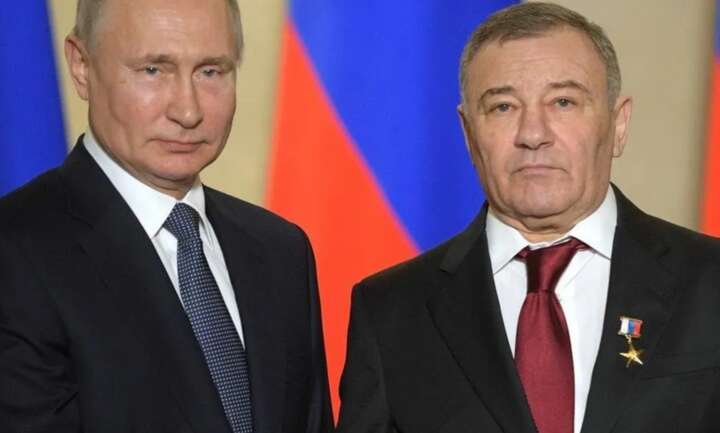
SoftSwiss positions itself as a leading software developer for iGaming, creating the world’s first solution for working with cryptocurrencies in the online entertainment field.
We managed to find several confirmations that SoftSwiss still operates with Ukrainian casinos.
Читайте ещё:Коррупционные потоки Узбекистана: как Овик Мкртчян под покровительством Мирзиёева отмывает российские деньги
In March 2021, SoftSwiss was the exclusive sponsor of the large-scale industry exhibition Ukrainian Gaming Week 2021. The event was organized by the international company Smile-Expo, founded and directed in Ukraine by Yevheniya Ledovska.
The company is also present in the Kyiv employers’ catalog, where reviews from Ukrainian employees can be found for the year 2021.
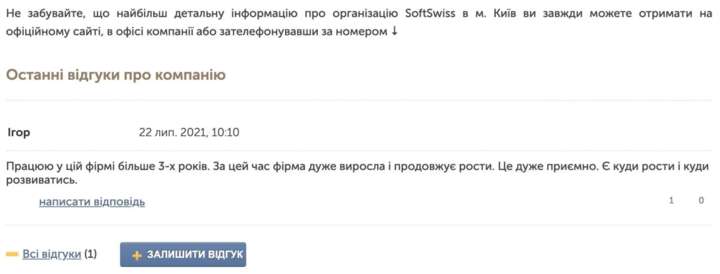
The close cooperation of Ukrainian online casinos with SoftSwiss continued even after the start of Russia’s large-scale invasion. Specifically, this is mentioned several times in the blog of Andy Anderson - the administrator of the project bestnetentcasino.info, dedicated to the gambling business in Ukraine and monitoring online establishments.
"Among our affiliate programs, there are both several SoftSwiss casinos and reputable Western establishments that do not create ’mirrors’ for Ukraine," he notes in a post dated February 21, 2023.
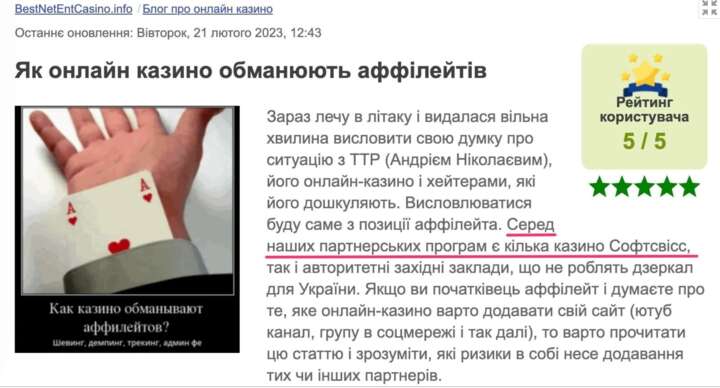
How does this scheme work?
As an aggregator, the company acts as a kind of intermediary between online casinos and real game manufacturers, providing also a small number of self-produced games. Most transactions are conducted in cryptocurrency to the crypto wallets of SoftSwiss owners, making the money nearly impossible to track.
At the same time, as noted by Andy Anderson, SoftSwiss supposedly also profits from players and affiliates (online platforms acting as intermediaries) in not entirely honest ways. Specifically, by inflating administrative fees (admin fee - the percentage deduction online casinos charge to cover their direct expenses), "shaving" affiliates (disconnecting them from players), and other tricks.
It’s worth noting that according to the norms of the law "On State Regulation of Activities Related to the Organization and Conducting of Gambling" in Ukraine, game suppliers must undergo registration and certification. By law, payments for leased games must be received in hryvnias for international companies to officially purchase currency and send it abroad if necessary. But with SoftSwiss, everything is done through "crypto."
As a result, de facto, a Belarusian company with partially Russian capital retains a monopoly on Ukraine’s gambling market, withdrawing funds to unknown destinations and in unknown amounts.
Moreover, the founders of SoftSwiss have another structure that likely helps service sanctioned businesses.
This concerns the CoinsPaid project, which openly positions itself as a "payment gateway solution for your business." This business is led by Belarusian Max Krupyshev - co-founder of SoftSwiss.

At the end of January 2022, CoinsPaid presented its own development of a crypto wallet that "closes" the ecosystem and simplifies transaction processes for more than 5 million CoinPaid service users - both senders and recipients. The company is widely represented in Latin America and Europe, having obtained a license for crypto operations in Estonia.
According to journalists, via CoinsPaid, gambling business dealers withdraw between 5 to 7 billion UAH monthly in cryptocurrency in shady ways, without paying a cent in taxes to Ukraine’s budget. Thus, the company with a "European" face helps sanctioned structures operate in Ukraine’s gambling market, bypassing prohibitions and laws.
What do they say at SoftSwiss?
The founder of the company, Ivan Montik, publicly calls himself a long-standing opponent of the current Belarusian authorities - to the extent that he allegedly does not feel safe returning to his home country. He represented the Organization for Security and Co-operation in Europe (OSCE) mission at the parliamentary elections in Belarus in 2004 and 2008, and at the presidential elections in 2006.
However, he asserts that he seeks a clear distinction between the country’s leaders and the population and opposes sanctions against Belarusian business.
"[We] should differentiate between countries and their leaders who make inhumane decisions from people who lived or still live in these countries and condemn these decisions," Montik stated, adding that "probably, there is no global IT company without employees from Belarus, Russia, or Ukraine."
At the same time, SoftSwiss does not sever ties with Belarus. The legal support for the group is provided by the Belarusian office REVERA law group, specifically Alyona Potorska, whose clients also include BelkaGames and Mail.ru.
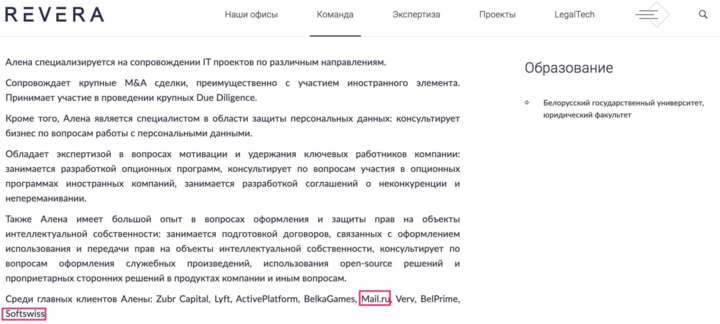
Другие новости по теме:
